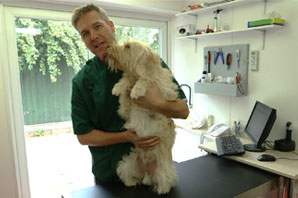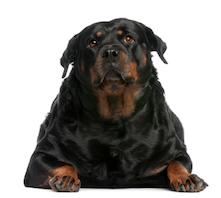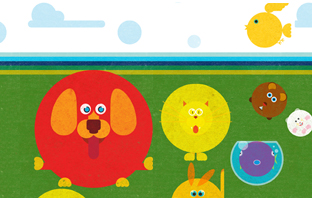Welcome to Petplan’s blog, a space where you can read up on the latest pet-news, find out interesting facts and tips about keeping your pets happy and healthy, and share your views on hot topics.
Refine articles by
clear search- Behaviour problems
- Veterinary problems
- Diet
- TitBits- news and more
- PetPeople magazine archive
- Petplan customer stories
- Travel
- Debates
- Advice
- Petplan feature
- Breed profile
- Health
- Petplan Prize Draw Winner
- Petplan Checklist
- Stories from the surgery
- Petplan Debate
- Charity partnerships
- Awards
- Rehoming
- cat
- dog
- rabbit
- adult
- senior
- puppy
- Lifestyle-sub-category
- Behaviourists-corner
Body scoring: how to check your pet's weight

There isn't a single ideal weight for pets. Greyhounds are slimmer than St Bernards, while Siamese cats tend to be thinner than large breeds like the Bengal.
What to do if your dog is overweight

You've probably heard about the 'obesity crisis' in Britain, but you may not be aware that it is as much of a problem among our canine population as it is in humans.
Is your pet a porker? Here's what to do



